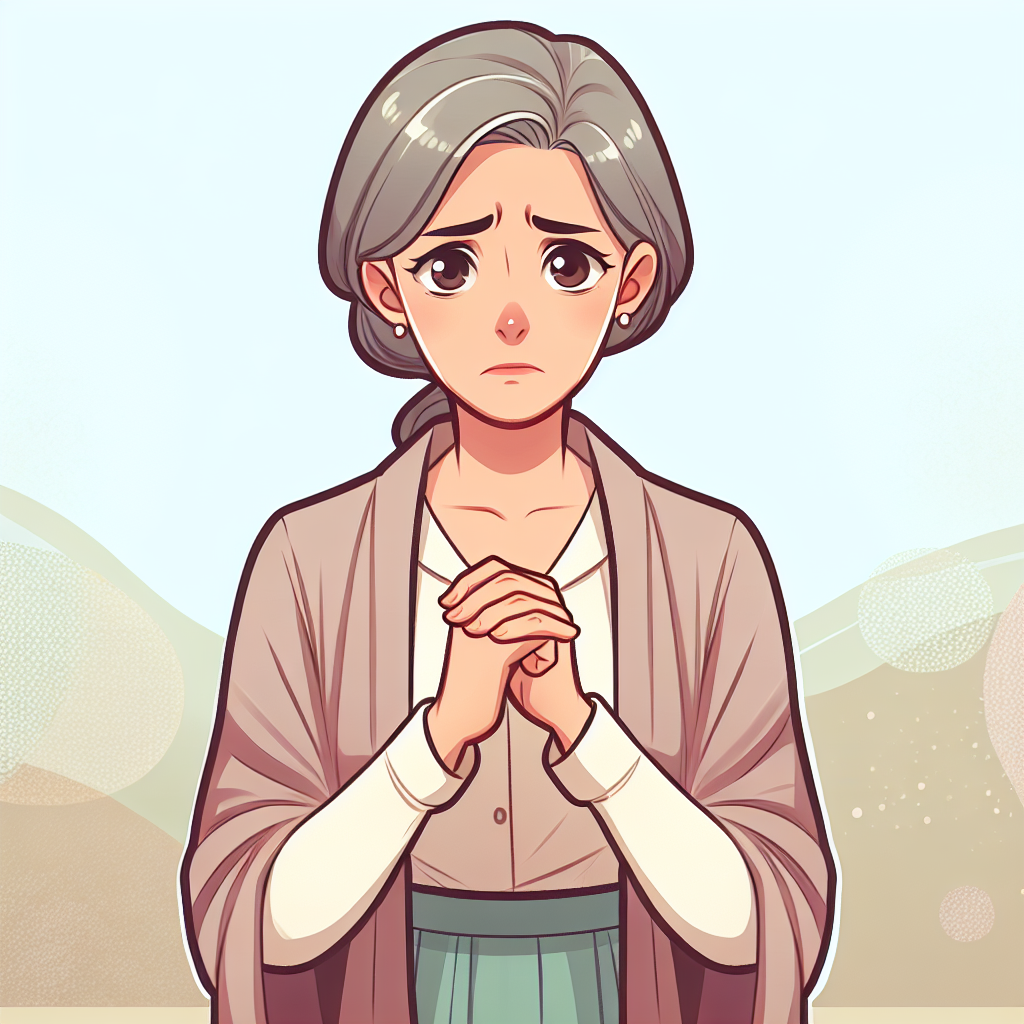The Literary Gallery of Terrible Mothers: Reflections on Fiction's Dreadful Matriarchs
This piece explores the recurring theme of complex and controversial maternal figures in literature. From Mary in Sapphire’s 'Push' to Serena Joy in Atwood's 'The Handmaid’s Tale,' authors depict mothers who defy nurturing stereotypes, reflecting both individual transgressions and societal failures. Such narratives challenge traditional views and provoke thought.

Contemporary literature is replete with portrayals of mothers who challenge conventional ideals of maternal care. These characters, often steeped in controversy, illuminate both personal flaws and broader societal issues, revealing the complex interplay between motherhood and identity.
Sapphire, for instance, introduces us to Mary in 'Push,' a mother who subverts all maternal expectations through her violent and abusive actions toward her daughter. This depiction echoes in Margaret Atwood's 'The Handmaid's Tale,' where Serena Joy undermines the sacred notion of motherhood, prioritizing religious ideology over genuine compassion.
Such narratives underscore the enduring relevance of troubled maternal figures in literature, urging readers to reconsider simplistic categorizations of mothers as purely nurturing forces. In doing so, they present a nuanced view of familial dynamics, characterized by both empathy and critique.
(With inputs from agencies.)










